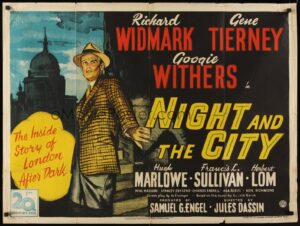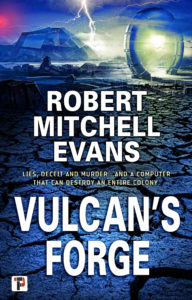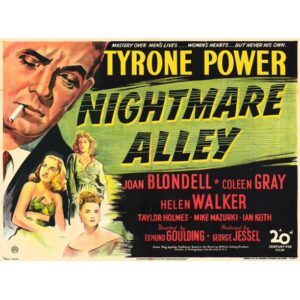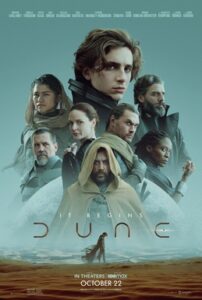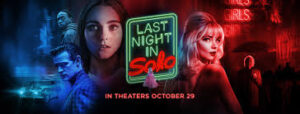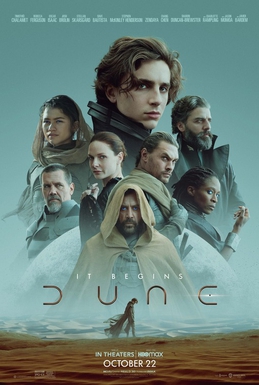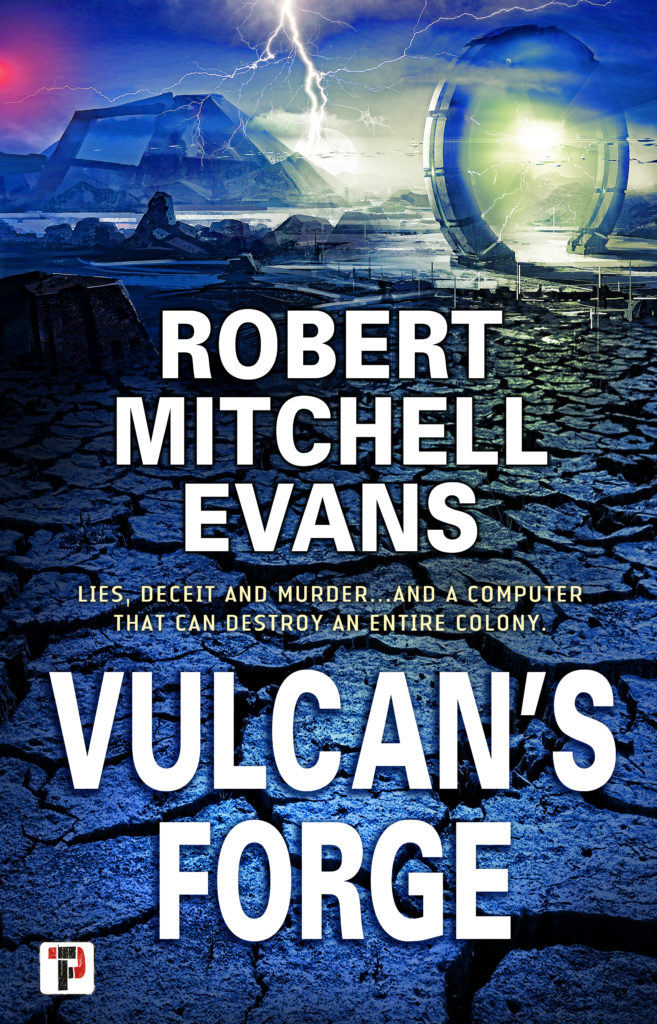Despite the cresting, crashing, calamity that is the Omicron wave I still plan to go out the theater this holiday weekend and treat my vaccinated and boosted self to a couple of in the goddamned cinema films.
First up and possibly on Christmas eve will be Del Toro’s adaptation of a 1946 novel, Nightmare Alley. Previously adapted for the screen in 1947 this is a film noir about ruthless manipulation of 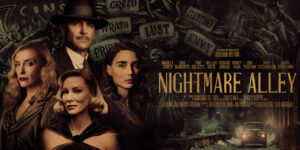 people for money by low carny folk and upper-class cons hiding behind prestigious degrees. I have seen the 47 movie and thoroughly enjoyed it but very much want to see Del Toro’s interpretation. It came out last weekend but between Role Play Gaming nights and seeing Spider-Man: No Way Home this was pushed off for one week.
people for money by low carny folk and upper-class cons hiding behind prestigious degrees. I have seen the 47 movie and thoroughly enjoyed it but very much want to see Del Toro’s interpretation. It came out last weekend but between Role Play Gaming nights and seeing Spider-Man: No Way Home this was pushed off for one week.
Opening Christmas Day is another long-anticipated film for me, Joel Cohen’s adaptation of The Tragedy of Macbeth. Long my favorite of the Bard’s plays Macbeth is open to and has been widely interpreted and re-interpreted. Macbeth can be analyzed through a psychological lens with 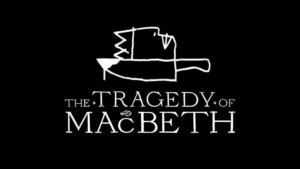 spectral daggers and unwanted ghostly dinner guests seen as manifestations of greed, ambition, and guilt. It can also be seen as a supernatural story where the witches have actual power and slain friends literally haunt their murderer. It has been reported that Cohen’s vision in his first film without his brother Ethan at his side leans heavily into the supernatural. Luckily San Diego still has some art house theaters, and I will be able to see this on the big screen rather than waiting until next month’s debut on Apple TV+.
spectral daggers and unwanted ghostly dinner guests seen as manifestations of greed, ambition, and guilt. It can also be seen as a supernatural story where the witches have actual power and slain friends literally haunt their murderer. It has been reported that Cohen’s vision in his first film without his brother Ethan at his side leans heavily into the supernatural. Luckily San Diego still has some art house theaters, and I will be able to see this on the big screen rather than waiting until next month’s debut on Apple TV+.




